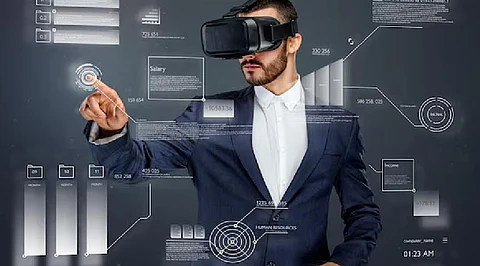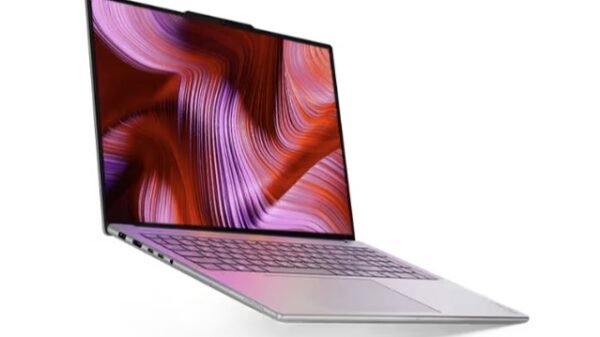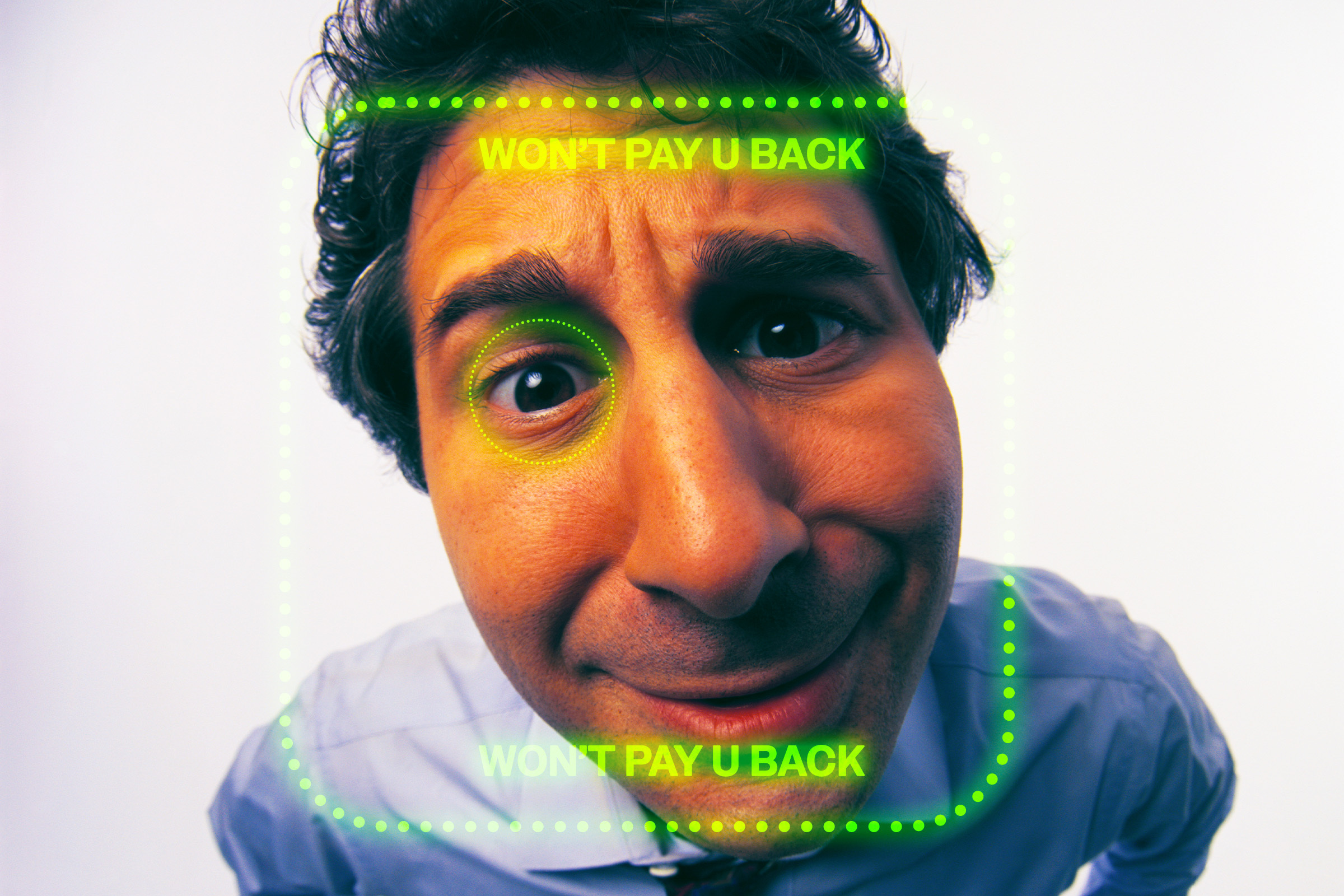A recent study conducted by researchers at the University of Pennsylvania has unveiled a controversial AI system that claims to evaluate a candidate’s suitability for employment based solely on facial analysis. This research, highlighted by The Economist, explores whether artificial intelligence can accurately assess an individual’s trustworthiness and other personality traits through their facial features.
The concept itself raises ethical questions, as it builds on previous studies suggesting a link between facial characteristics and personality traits. The UPenn team asserts that their AI technology can predict significant attributes related to financial success, such as respectfulness and trust, by analyzing facial images. They trained their system using headshots of 96,000 MBA graduates sourced from LinkedIn.
To establish the validity of their findings, the researchers compared the extracted personality traits against the career outcomes of the LinkedIn members. They claim to have identified correlations between the AI-determined characteristics and labor market success. For instance, extraversion emerged as the “strongest positive predictor” of compensation, while openness reportedly correlates with lower earnings.
The potential implications of such technology are troubling. The idea that an algorithm could determine whether an individual secures a job, a bank loan, or even a rental car based solely on facial recognition is alarming. As noted by The Economist, the prioritization of financial success could drive corporations to adopt these AI systems, provided they navigate the complexities of discrimination laws.
Concerns about bias and ethics are not unfounded. In 2025, various regions are already witnessing the application of AI facial recognition in real-world scenarios. For example, some states in the United States utilize AI software for verifying driver’s licenses, which has raised issues for individuals with facial differences. In the United Kingdom, the Met Police reported a record number of arrests attributed to their facial detection system, which, despite a claimed 0.5 percent false-positive rate, still raises significant concerns about accuracy and fairness.
The UPenn researchers caution that the widespread adoption of facial recognition technology could prompt individuals to alter their facial features, either digitally or through cosmetic procedures. This underscores a troubling societal pressure to conform to perceived norms of attractiveness and acceptability.
While the future of this research remains uncertain, the emergence of startups focused on AI technologies suggests that such systems may soon become commonplace. As the conversation around facial recognition continues, it is crucial to consider the ethical ramifications and potential impacts on personal privacy and employment practices.
The evolving landscape of AI and its application in hiring processes will require ongoing scrutiny to ensure that fairness and equality remain at the forefront of technological advancement.







































































